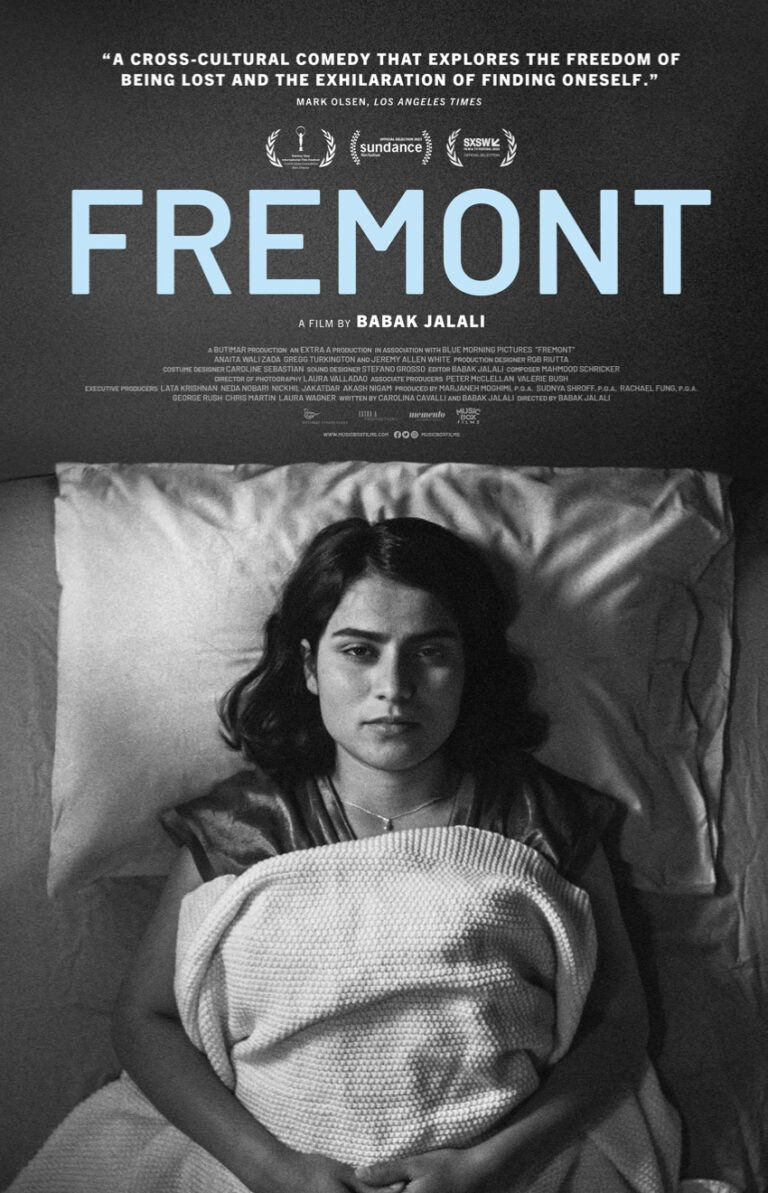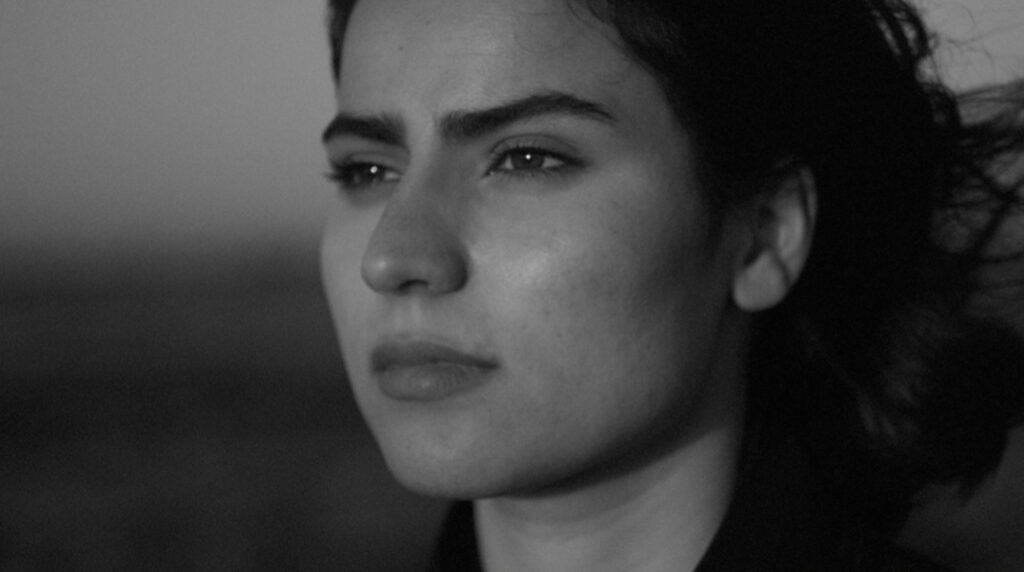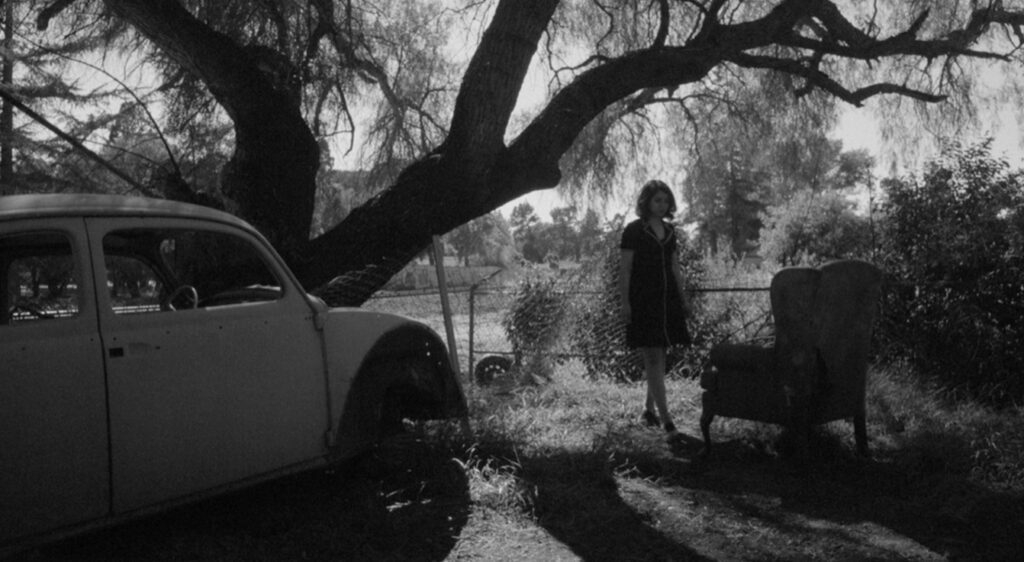
Who would have thought that a black-and-white film about an Afghani refugee woman working in a Chinese fortune-cookie bakery could be so engaging?
Fremont is an extraordinary film by an extraordinary director who has brought together an extraordinary ensemble of characters.
Keep your eye on Babak Jalali, auteur-in-the-making. Like Yasujiro Ozu and Ingmar Bergman before him, the Iranian-born director has a keen instinct for the contemplative, a mood that pervades and animates this poignant film about “lonely crowds” trying to break out of their cocoons of solitude.
Describing his motivation for making this exquisite movie, Babak Jalali said, “With this film I want to look beyond the idea that there are wild differences between humans. In a world where so much is made of imagining differences and exaggerating otherness, it’s important to look at universal similarities. An immigrant and a non-immigrant share many of the same hopes, dreams and ambitions. The main character in this film, Donya, a feisty young woman and a former translator for the U.S. military, feels she is where she is due to her own life choices. But this does not mean she does not suffer or feel displaced. She is determined to change things. She wants to be busy. She wants to be at ease. She wants to fall in love. And she wants acceptance. Like most other people.”

Donya, brilliantly played by Anaita Wali Zada, had worked as a translator in her native Kabul before relocating to San Francisco in search of a better life. Beset by self-doubt and insomnia, she convinces herself that only sleeping pills can relieve her anxiety. In pursuit of this chemical solution, she starts seeing a therapist (Gregg Turkington), a nerdy eccentric whose therapeutic regimen includes reading passages from Jack London’s 1906 novel White Fang, about the friendship between a Klondike gold prospector and a wolfhound.
Fremont is almost worth watching just for the sake of being a fly on the wall during their therapy sessions. As Babak Jalali puts it: “Showing humor in situations that are bleak doesn’t underplay the seriousness or depth of a story but rather, it can add layers to the sense of realism. As the saying goes: ‘He who cries only has one pain. But he who laughs has a thousand and one pains…’”
Donya’s real breakthrough does not come on the psychiatrist’s couch, however. She grows into her most authentic self while writing fortune cookies for a small bakery owned by a well-meaning entrepreneur and his cruel wife, both of whom enable Donya to think more deeply about her own future. Desperate for human contact, she starts including her own phone number in some of her fortunes, in the hope of connecting with someone outside of her humdrum routine.

At the bakery, Donya bonds with Joanna, a many-pierced coworker superbly played by Hilda Schmelling, who encourages her to embark on a long southward drive in the hope of meeting a “dear” who’d found her number in one of her fortune cookies, Donya finally achieves a breakthrough when she meets Daniel (Jeremy Allen White), an auto mechanic who helps change her oil. Seated at separate tables in a diner whose window blinds resemble those in her therapist’s office, the two fidget nervously, yearning for the contact they both desire.
On her return trip. Donya presents Daniel with a ceramic deer she had been tricked into acquiring for her boss’s cruel wife: a breath-taking climax that brings to minf Rilke’s declaration in the Duino Elegies: “Love consists of this: two solitudes that meet, protect and greet one another.” Bravo Babak Jalali, dream-weaver of solitudes.
Rating: A+
Check out more of Edward’s articles.

